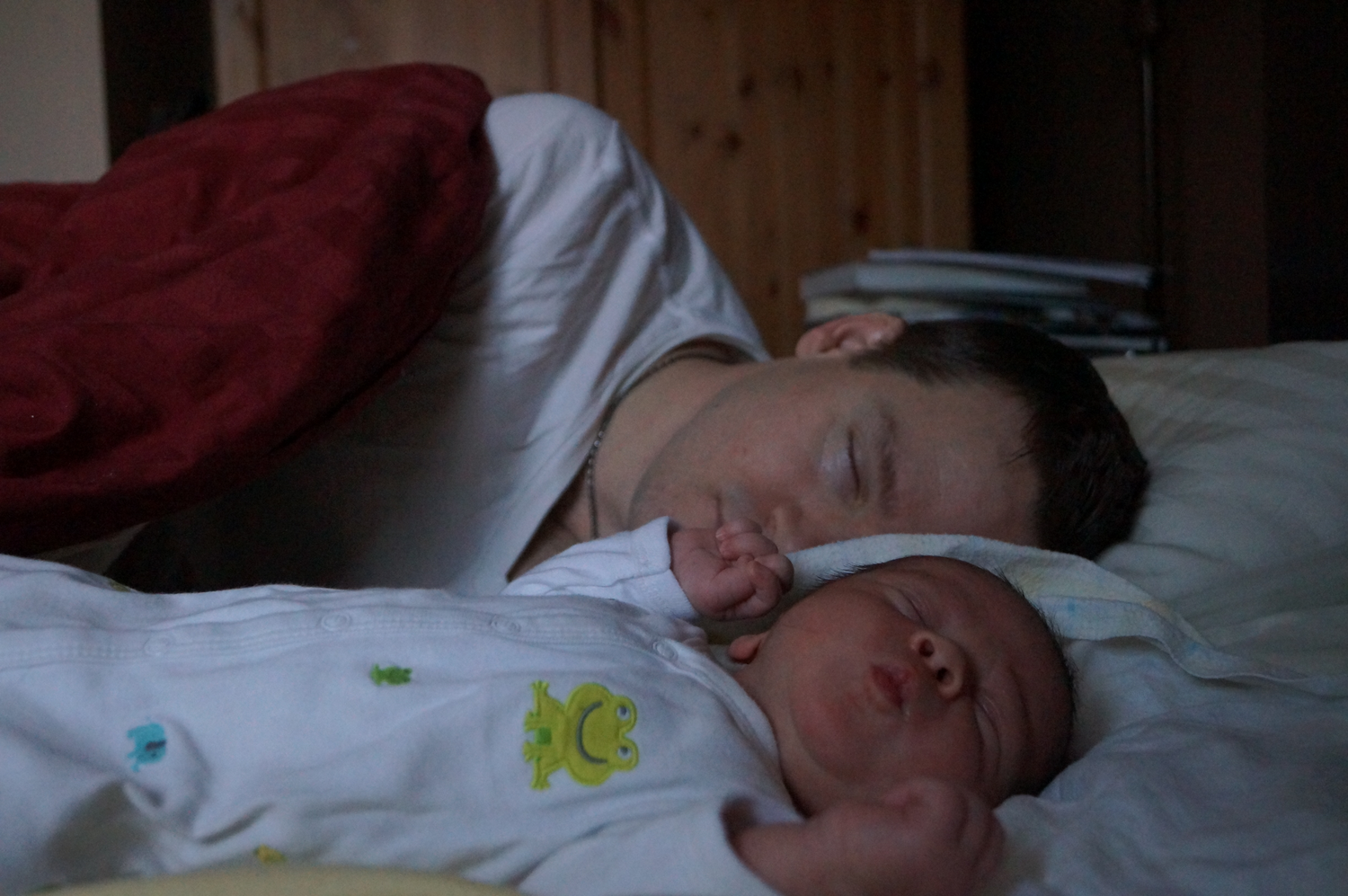DIY Natural Air Fresheners
January 28, 2018 in Natural health
Want to freshen up the air in your home or office, but don’t want to expose yourself to the numerous chemicals found in conventional air fresheners? Try making your own natural air freshener at home!
Conventional air fresheners are known to contain harmful ingredients such as phthalates, formaldehyde, petroleum distillates and VOCs. Exposure to these chemicals can lead to negative health impacts such as hormone or endocrine disorders, allergies, birth defects, and even cancer.
Here are some options you can do at home to make your own air freshener, sans all the toxic chemicals found in most store-bought products!
Ingredients:
- 50-75 drops of your choice of essential oil (try playing around with some mixes to find your favourite blend)
- 2 tsp vodka
- Distilled water
- Spray bottle
Instructions: Combine the essential oil and vodka in the spray bottle. Gradually add water until full. Swirl the bottle gently to mix ingredients and spray throughout your home!
Guests on their way and no time to make an air freshener? Try a stovetop version instead!
Ingredients:
- 2-3 ingredients of your choice (some of my favs listed below)
- Cut up apple, 1 tsp of ground cinnamon
- A few sprigs of rosemary with lemon slices
- A few pine cuttings with 1 tsp of vanilla extract & 5-10 drops of lavender essential oil
- Distilled water
Instructions: Add all ingredients to a pot, bring to a boil then turn down to simmer. Top up water and ingredients as needed when evaporated.





.jpg)